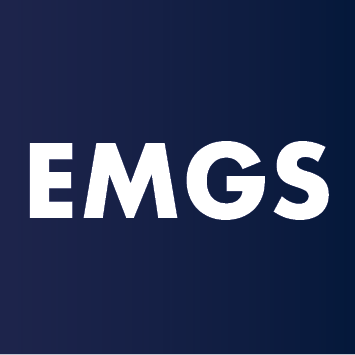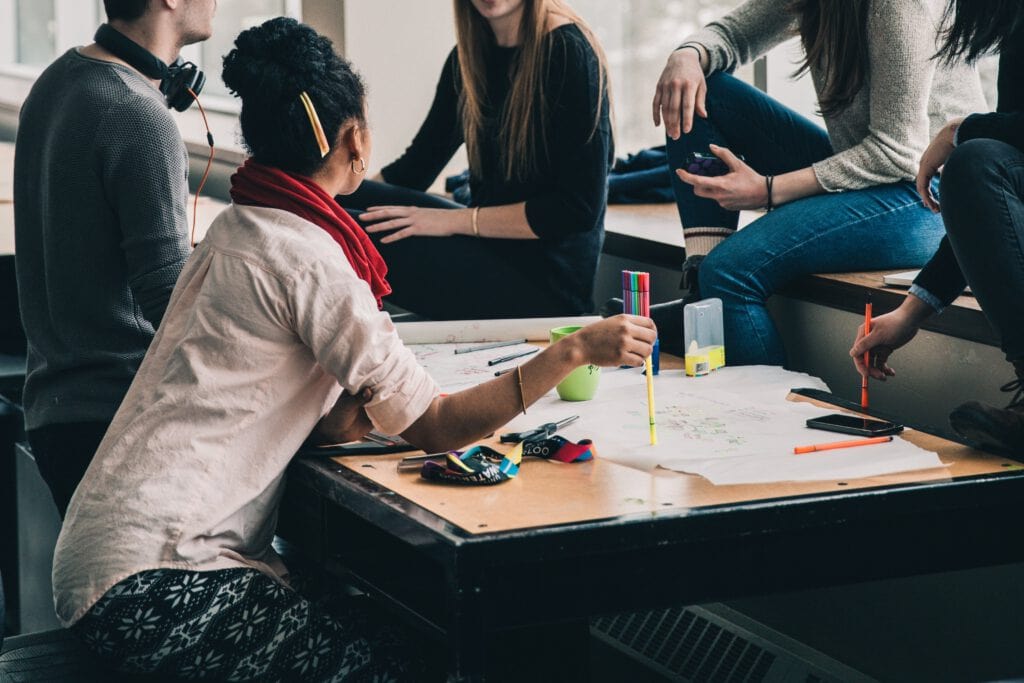This slogan of the Venice Biennale of Art had allured thousands of visitors in 2019. In last year’s hot summer they probably had never imagined, how – well – “interesting” the times would indeed become in 2020.
It is a complicated, maybe even disconcerting moment, in which students in the consortium start into another unique semester. The Corona pandemic has unsettled not only many individual lives and plans of people across the world, but it poses particularly for a programme like ours a profound challenge: The Erasmus Mundus Global Studies Program is founded intellectually and organizationally on international mobility, and transnational encounters. How to offer such an international program in times of restricted physical mobility, when even the access to campus may be at stake?
We do not only research and teach how mobilities and connections have emerged and are continuously transformed, but more specifically how actors in different parts of the world and at different times are dealing with the challenges of an ever more connected world. Globalization becomes thus visible not as a new faceless force, but as the result of what people, companies, organizations do, how they globalize the world in very different ways, with very different motives and resources at their disposal. Thus, “globalization” is full of inequalities, ruptures and fragmentations. Covid19 but also the Black Lives Matter-Movement and the challenges of climate change make this crystal clear – also to a public beyond the academic Global Studies community. Today, we already hear claims about “the end of globalization”. So why, then, do an M.A. in Global Studies?
Because this is not about “connections” and “mobility” per se, but about understanding the inequalities, effects, and ruptures in these connections, about who forges and hinders them, about who profits and who pays the price. The 1990s enthusiasm about a “world without borders” has certainly given way to much more cautious analyses already some time ago. Now, this is a time, in which Global Studies experts are needed more than ever: to help understand the highly diverse strategies to fight the Covid19 pandemic and not to forget other regionally more focused and often forgotten ones; to investigate the transregional networks of the Black Lives Matter-Movement; to capture the contexts and ramification of recent conflicts in Hong Kong or Syria; to come to terms with Brexit while African regionalization projects become ever more sophisticated; to make sense of the European cacophony of refugee policies, its costs and the reactions to it; to apprehend the different ways in which climate change has become a global issue and on which scales it is addressed; to apprehend the rise of populism and racism in various countries as part of a global dynamic. The scope of themes for global studies scholars and practitioners is rather extending than shrinking. Hence, it is maybe not only a disconcerting, but also productive time to join our program, which is embedded in a vital landscape of research centres and excellent scholarship at the various study places from Ghent to London, from Leipzig to Vienna, from Wrocław to Roskilde.
Students and lecturers will at the various study places come together in different kinds of forms and formats. Some courses and events maybe be offered online only, or take place face-to-face and on-site, while some might mix on-site and online-teaching. The coordinators and course catalogues at the study places can specify this for every course offer. As the situation is still volatile, we will have to adapt these formats when the conditions change, and we will of course keep you informed. Hence you as students and we as lecturers will have to create a community, which may be at times physically distanced, but still intellectually and socially closely knit. We are confident that with the commitment of both lecturers and students we can make it work.
To foster our EMGS community, we have arranged for a consortium wide online welcome session on 12 October, 1:00 pm CET. Some of you will immediately grasp the irony, that this day is celebrated in some countries of the world as „Columbus Day“, while others heavily criticizes this and prefer a „Día de la Descolonización“ or „Indigenous Peoples’ Day“. May this also be a symbolic starting point for 2 years of inspiring debates about such controversies, but also about global interconnectedness and the necessity to exchange our perspectives. You will soon receive the link to the virtual meeting room and we are very much looking forward to meeting you all online soon.

